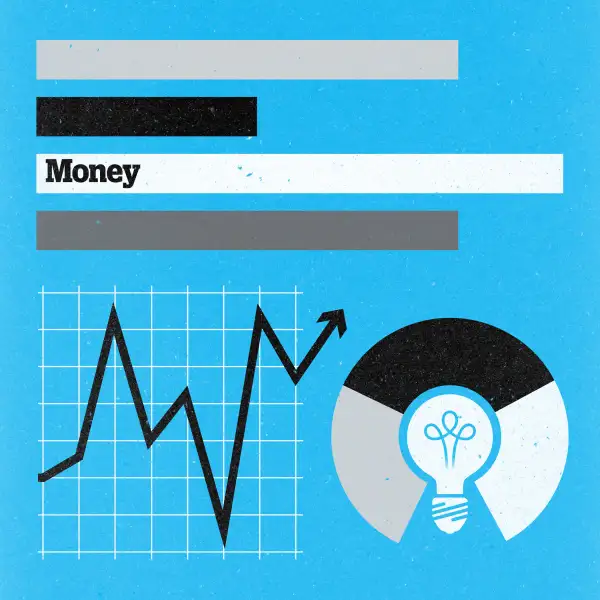When Selling Winning Stocks Makes Sense
Money is not a client of any investment adviser featured on this page. The information provided on this page is for educational purposes only and is not intended as investment advice. Money does not offer advisory services.

Q: Is there a benefit to taking profit on a stock that has done well over several years? It was $24 when we bought it and is $64 now. We will be in the lowest tax bracket this year and should be in a higher bracket in a later year. A planner suggested selling some, paying taxes on the profit, and repurchasing it. — Viola C.
A: “Taxes should never be the sole reason to trade a stock,” says Scott Bishop, director of financial planning at STA Wealth Management in Houston. Likewise, you can get into trouble holding a security longer than you should simply for the sake of saving a bit on taxes.
That said, there are times when selling in one year may be more opportune than selling in another.
First, you need to understand how any gains from the sale of stock will be taxed.
If you had held the shares for less than a year, they would be taxed at your marginal tax bracket, in which case an early sale would probably do nothing to improve your tax situation.
Since you’ve owned these shares for several years they will be taxed at your long-term capital gains rate. “Currently the tax rates on long-term capital gains vary depending on your income level,” says Bishop.
If you’re in the 10% or 15% marginal bracket, your long-term capital gains will be nothing. Obviously, there would be a benefit to selling before the end of this year if you expect to be in either of those brackets in 2015.
If you’re in the 25% to 35% bracket, your rate will be 15%. And if you’re in the 39.6% bracket, you’ll be taxed 20% on the gains; plus you may owe an additional 3.8% of net investment income tax stemming from the Affordable Care Act.
It’s probably helpful to do the math and see how the decision translates to dollars.
Say you own 100 shares of stock that has appreciated $40 a share. If you’re in the lowest brackets this year, selling will save you $600 versus waiting until the following year and paying at the 15% rate. If your long-term rate is 15% and you think it will be 20% next year, the difference is only $200.
“Some people get stuck in this analysis when they are talking about a pretty small dollar amount,” says Bishop, noting that you should be sure to factor for the transaction costs of a sale.
If you decide to sell, there are no rules preventing you from buying the very same stock the next day. (The only time you need to worry about this is when you sell a stock at a loss and hope to write that off against a gain.)
That said, if you wouldn’t buy the stock again at today’s prices, says Bishop, consider putting the proceeds to work somewhere else. “Don’t let biases drive the decision to buy the stock again,” he says. Just because the stock has done well so far doesn’t mean it will continue to do so.
Finally, if you’re looking at taking advantage of a lower tax bracket to sell a single stock, ask yourself if you should use this window to make more substantial changes to your portfolio. For example, maybe you’d benefit from converting some of your IRA holdings to a Roth IRA.
In doing so, you’ll owe income taxes now but have the benefit of tax-free withdrawals later. Over time, that could translate not just to hundreds of dollars in savings but possibly thousands.